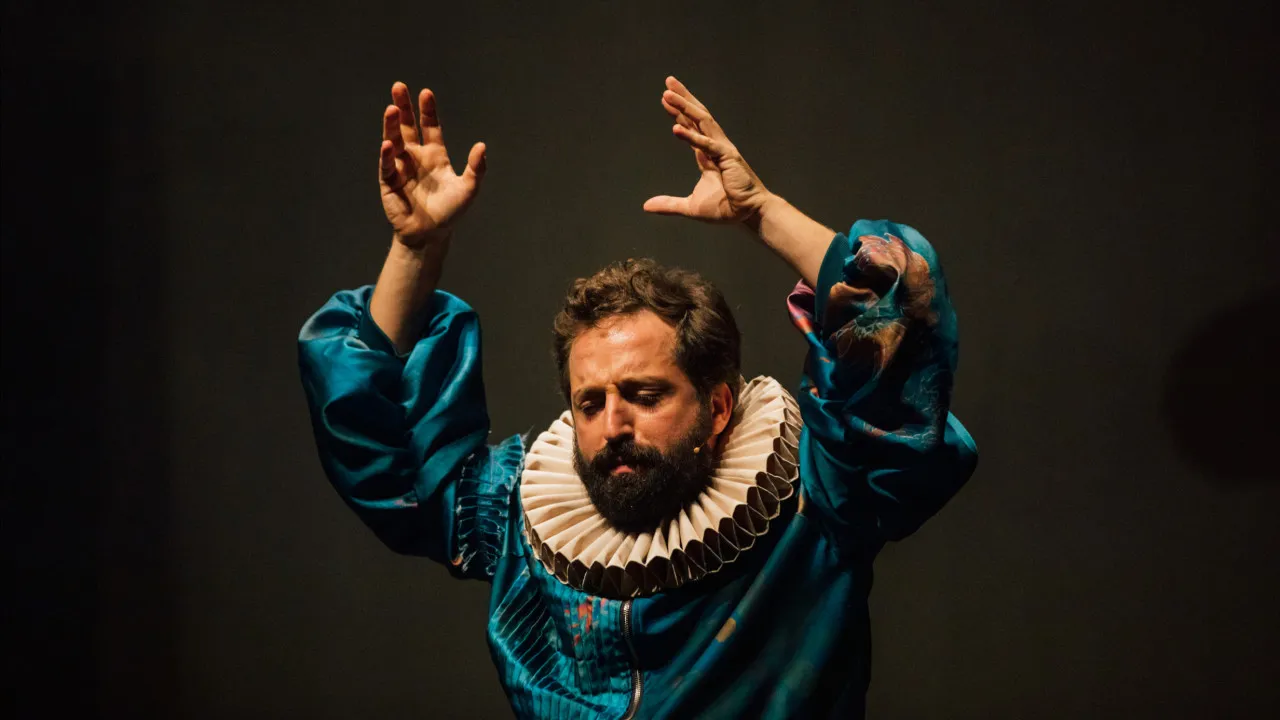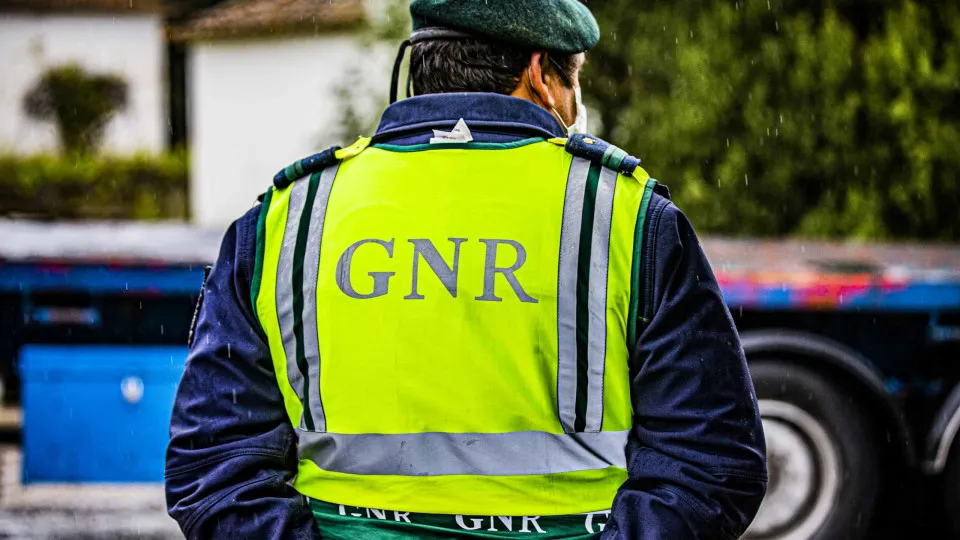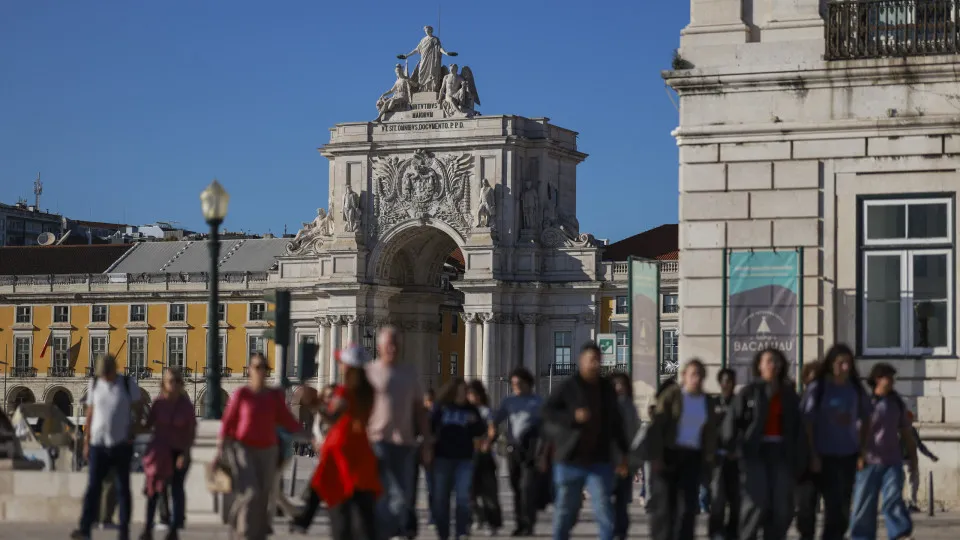
The comedian and actor Gregório Duvivier is eagerly anticipating his return to Portugal with the play ‘O Céu da Língua,’ which will take him to the Alentejo for the first time.
In an interview, Duvivier discussed not only the play, set to premiere on Tuesday, June 17 and scheduled to tour 12 cities until July, but also the impact of words, which he considers a “battlefield.” During the conversation, Duvivier also highlighted the importance of culture.
Reflecting on a period when Brazil’s Culture Ministry was dissolved under Michel Temer and Jair Bolsonaro, Duvivier noted, “Portugal is great, thanks to culture. For me, Portugal’s greatness lies not in its maritime explorations or its past, but in the 20th and 21st centuries, in its poetry. Where Portugal is first in the world is in culture.”
Duvivier, cherished by many in Portugal, mentioned his admiration for Portuguese comedian Bruno Aleixo among others, and expressed his desire to work with Tiago Rodrigues, whom he calls “the greatest director in the world.”
‘O Céu da Língua’ returns to Portugal after last year’s success. Despite a short season with even double sessions, many who wanted to see it could not attend. The objective of this return is ensuring more people have the opportunity to watch the performance.
The play, directed by Luciana Paes, showcases a collaboration that Duvivier describes as very fruitful. He praises their shared sensitivity towards words, a theme central to the performance, underscoring the significant weight they carry in political and societal discussions.
Duvivier follows several Portuguese humorists, including Ricardo Araújo Pereira and Bruno Nogueira, finding their work influential and entertaining. He also addressed the asymmetrical cultural exchange between Portugal and Brazil, expressing regret that Brazilian audiences have limited exposure to Portuguese culture, primarily due to economic and geopolitical factors.
He noted an exception in literature, with Brazilian readers familiar with authors like Valter Hugo Mãe and José Saramago, among others, while talents such as Miguel Esteves Cardoso remain largely undiscovered due to distribution issues.
Regarding recent developments where Portugal’s Ministry of Culture now falls under Sports and Youth, Duvivier likened it to similar actions in Brazil during Temer and Bolsonaro’s administrations, stressing that culture is a strategic and integral pillar of society.
When asked whom he’d like to work with in Portugal, Duvivier mentioned Tiago Rodrigues and expressed admiration for Sara Barros Leitão, praising her work as both a playwright and an actress.




